T4K3.news
Russia restricts audio calls on WhatsApp and Telegram
Russian authorities partially block audio calls on WhatsApp and Telegram as part of a broader plan to tighten internet controls.

Russian authorities expand online controls by partially blocking audio calls on WhatsApp and Telegram as part of a broader effort to tighten internet regulation.
Russia tightens internet controls by restricting calls on WhatsApp and Telegram
Roskomnadzor announced a partial restriction on audio calls in WhatsApp and Telegram, framing the move as a crime-fighting measure based on input from law enforcement and public appeals. The regulator said the change targets calls that have been used to deceive and extort money, and to involve Russians in sabotage and terrorist activities. There was no immediate comment from WhatsApp or Telegram about the policy.
The decision fits a longer arc of internet control in Russia. Authorities have floated a white list approach to essential sites and services, promoted MAX as a national messaging platform, and carried out periodic cellphone shutdowns. Russia has previously blocked major social networks and fined or banned foreign platforms that do not comply with local rules. While VPNs can sometimes bypass blocks, they are frequently restricted too.
Key Takeaways
"Calls on WhatsApp and Telegram are being restricted under the banner of fighting crime."
Roskomnadzor statement explaining the policy rationale
"Encrypted messaging app defies government attempts to violate people’s right to secure communication, which is why Russia is trying to block it from over 100 million Russian people."
WhatsApp spokesperson response
"MAX has yet to attract a wide following."
Tass reporting on the MAX app
"This is a clear step toward more centralized control over everyday communication."
Independent analyst reaction
The move signals a shift from blocking access to shaping how people communicate inside apps. It uses the language of security and public order to justify increased oversight of private messaging. That framing risks normalizing surveillance and can complicate everyday digital life for users who rely on secure, encrypted communication.
Beyond individual users, the policy could affect tech firms, foreign investors, and international partners. If the state can limit core features like audio calls, the incentive for platforms to comply with local demands grows, potentially curbing innovation and increasing regulatory risk for global services operating in Russia.
Highlights
- Digital life is being split into zones by design
- The state writes the rules of what people can say online
- White lists are fences, not access
- Encryption becomes a political act in a world of rules
risk of political backlash and impact on digital rights
The move amplifies state control over private communication and could trigger domestic or international backlash from citizens, tech firms, and rights groups. It also increases regulatory risk for global platforms operating in Russia.
The internet is changing shapes under state pressure, and users will feel the first lines in their daily conversations.
Enjoyed this? Let your friends know!
Related News
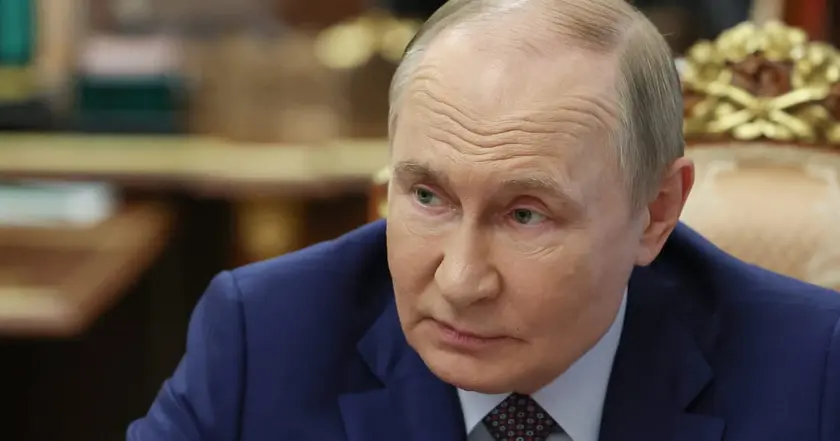
WhatsApp Defies Kremlin Call Restrictions
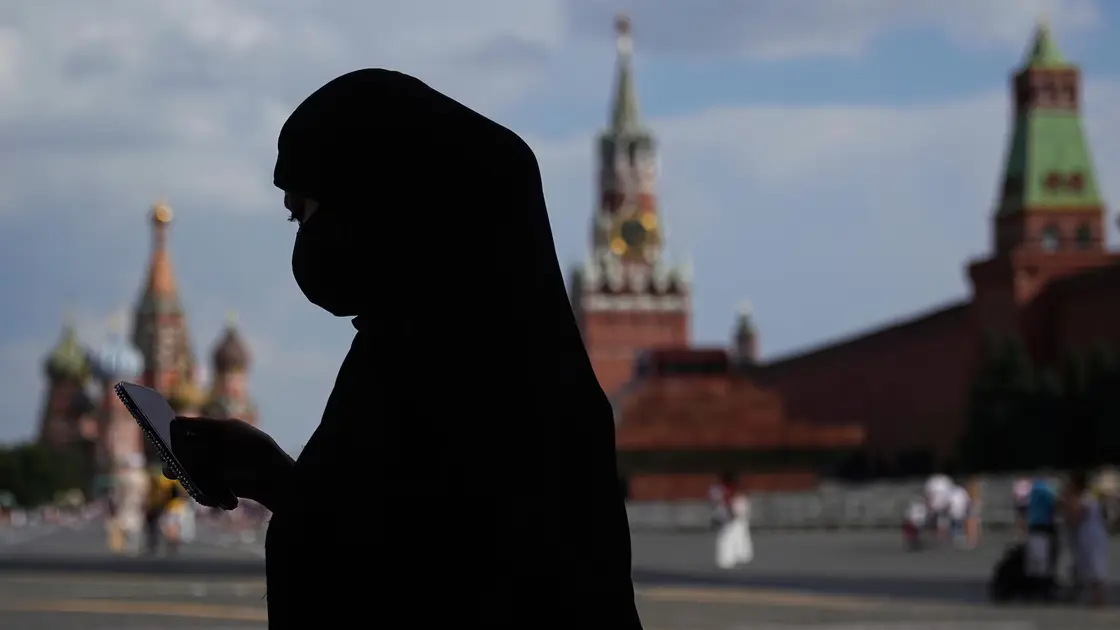
Russia tightens internet controls
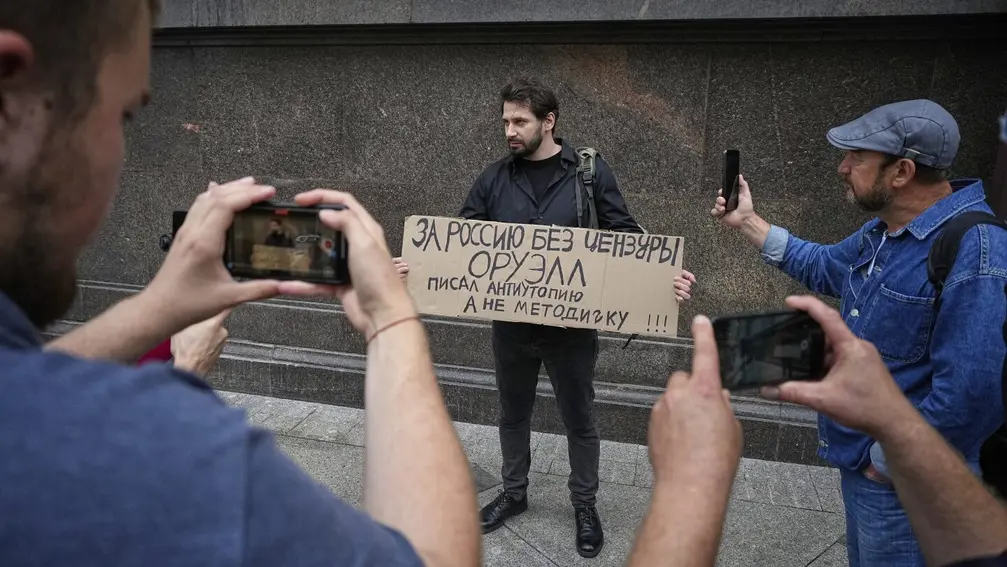
Russia tightens internet censorship measures

Russia blocks encrypted calls

Major Drone Attack Hits Multiple Russian Regions
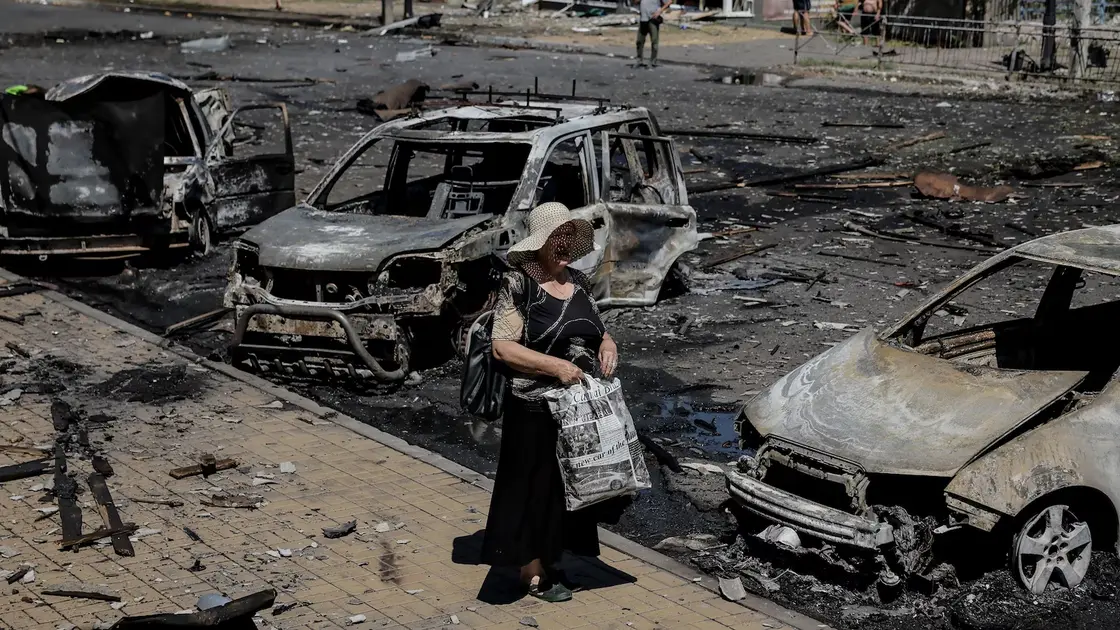
Ukraine pushes for harsher sanctions against Russia

Ukrainian drones strike industrial facilities in Russia
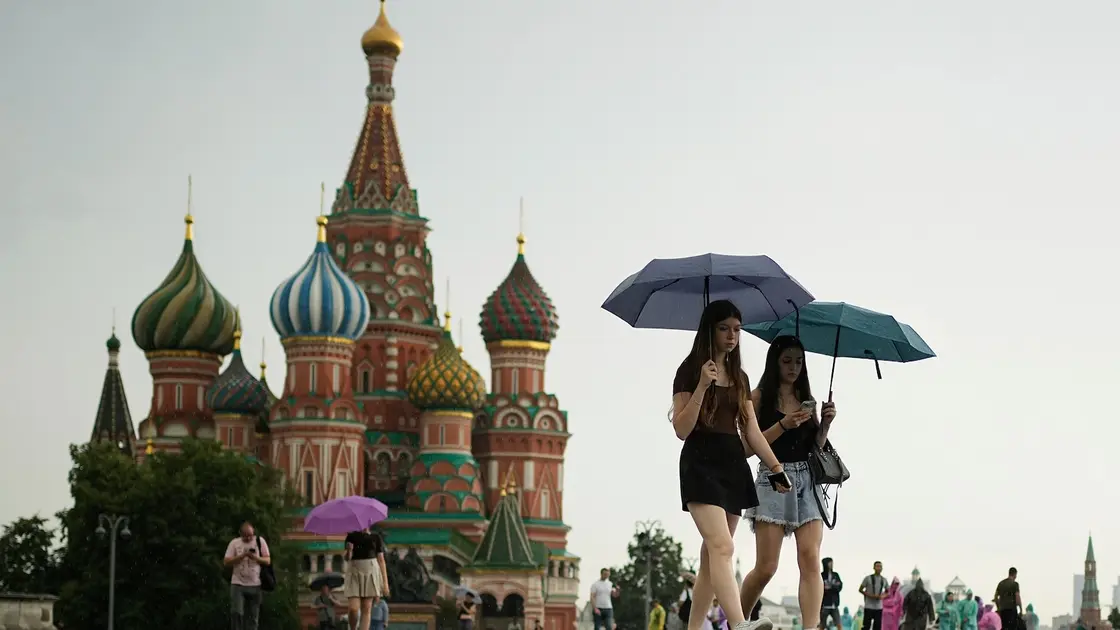
Ukrainian drones disrupt Moscow
